|
THE NEXT WELL is a bore hole that will serve around 225 in an area about a ten minute walk from my house. The peoples are from the Ewe speaking tribe and currently use water from a hand dug well that goes dry during dry season. Hand dug wells suffer from e-coli contamination that is primarily introduced by open livestock feces (chickens, goats, etc.). There is not one single open well that will not test positive for e-coli. They serve to spread polio, typhoid, dysentery, cholera, malaria just to name a few. Salmonella will infect all wells several times a year when lizards, frogs, etc. drown in the wells. More children die from intestinal tract diseases and malaria than all other causes. Additionally, small children occasionally fall into open wells suffering death and/or permanent disfigurement from injury and drowning.
General information for the area. This area of the Upper Guinea Forest is owned by the Ashanti tribe family called Adansi. It was won in battles prior to Ghanaian independence and awarded by the Central government to the Adansi’s when independence from Great Britain was gained in 1957. The Adansi’s started logging the jungle decades ago and encouraged share croppers to grow cocoa afterwards. All the peoples in the areas approved for wells are share croppers who lease Adansi land for a share of the cocoa. The per capita income is less than $150 annually. The richest farmer in Kotokata grosses about $1,500 US annually from his cocoa. His farm is much larger than most. The government is the only buyer and sets the prices well below market. The farmers are totally at their mercy. Large families are necessary help for farm labor. Unfortunately, most farm land is already leased and when children mature the family farm cannot support them. Education needed to compete in townships for skilled labor and white collar jobs is sorely lacking. Thus, Therefore has strived to provide in this area. We have 300 students in preK through grade nine and hope to build a high school for trades. Ghana is building in the cities at a rapid pace and the skilled labor needed is a constant demand that we hope to tap into. These jobs can provide as much as $12-$15 a day in wages which is far above what a farmer makes. The main attraction to the school is unfortunately not education. Farmers who do allow their children to attend commonly pull their children out for days, weeks and even months at a time to work the farm. The main attraction is food. We feed all our students. Sponsors from the US have helped us with this need but our success at raising enrollment has produced a shortage of funding for our students. I know your area of interest is water that is sorely needed, but if you would consider education as a need I assure you that the benefits reach farther than the eye can see. The Gospel is presented in all our ministries. It is much needed. The cultural values that you and I have come to appreciate are not currently present. Ghanaians value peace well above justice. Peace has helped keep war at bay but lack of justice has served to grow corruption. The idea that the poor are of value just does not reside in the hearts of the people who hold power. Gifts are given by the poor to an insatiable rich elite. Me and you would call it bribery. The rich use appearance and position to leverage wealth from rich and poor alike. In short, personal character and performance are of little value in the Ghanaian mind. Personal appearance and position like that valued by New Testament Sadducees and Pharisees are held in high regard here. They need Jesus. WE WILL UPDATE YOU THE COMPLETION OF THIS WELL ASAP. For Christmas this year - if you are blessed and in abundance, consider giving a donation towards helping bring both FRESH water and LIVING water to those in serious need of both. Joey Romero and his family and team are delivering both and get 100% percent of all donations received. Blessings to all this Christmas - Marius & Wendy Landman, M.O.R.E. Project
0 Comments
FOR ALL THOSE who DONATE into the MORE Water Project - we say Congratulations and WELL DONE (pun intended!). Through your donations and ours, there are people in Suminam who have a new water well. Here are the details of the project so you have a better idea of what all is involved in getting a water well completed. Every well is different and comes against different obstacles. THANK you for partnering with US through the MORE Water Project. We are ready for the next one!! Pictures below: The Suminam water project one has been completed. 1. Project identified July 12, 2019. 2. Community application made Aug 17, 2019. 3. Project funded by MORE Water Project Aug 19, 2019. 4. Project completed November 6, 2019. 5. Well a. 10 inch bore combined blade and hammer drill with air b. 171 feet deep, 29 feet to static head, 70 feet to pump head c. 6 inch casing d. 3 9.5 ft screens e. 34 bags of gravel pack f. water taste is excellent g. sand and silt present in water which should clear with use h. driller required to drill two holes as the first one was not productive i. drill scheduled five times before road was dry enough to use. j. rains delayed pump platform pours k. rains delayed pump setting l. rains delayed well dedication 6. General Info a. Road repair was a continuous burden on the farmers as they repeatedly had to repair due to heavy rains. Their tenacity was the key to access for the drillers, those making deliveries and messengers. b. From August 14th to November 6th Suminam had eleven rain free days and only one three day stretch of rain free days. It was the window used by the drillers. Although rain is common during this time, it was exceptionally heavy this year. We should consider waiting for the dryer December through February for other Suminam area projects. Farmers have indicated that they will hand build two bridges for access to deeper Suminam villagers. c. This project was the first well to be drilled in the Suminam area. Difficulty of access has limited driller ability to move equipment in and out. d. Well serves 26 farms. e. More wells are needed in Suminam due to its widely scattered population. Distance to the first bore hole is more than thirty minutes walk for several farms. We have completed well projects in as little as three weeks. This one took three months. I know this project has suffered from multiple delays that may have discouraged you. Most of these were caused by an unusually heavy rainy season. There were long stretches of time when nothing happened. But that was not the only reason for delays. The road, if you can call it that, was almost impassable for heavy equipment even when dry. Additionally, African culture runs slow no matter how hard it is pushed. This is especially true among the entrenched traditional rural peoples which are the focus of Therefore. They view any change with suspicion and resist it. These people have been exploited so much that they believe no one comes to them except to profit at their expense. The developed world runs on a schedule at bitcoin speed and pushes for faster and faster living always. Change is viewed with eagerness and embraced. Understanding between these two worlds can be a frustratingly difficult process that very few choose to attempt and even fewer find success at. Therefore missionaries serve as bridge builders between these two worlds in the hope that love will cross. I hope that through our experience together we can look at what God has done and rejoice in His pleasure. What did God do? He connected a forgotten group of oppressed impoverished African cocoa farmers who have absolutely no voice to a successful Australian couple who desire to share hard earned funding for clean water development. A people that wake up when roosters crow, have no electricity, drink water from a stream that flows through the rot of a malaria infested jungle are now forever connected to Marius and Wendy Landman. Your reach has penetrated through walls of poverty that no other human being had ever penetrated. The testimony of your love has crossed the bridge and made it possible for Therefore to have 18 visits with these people throughout these three months of delays. On the morning of November 6th, 2019, dozens of Suminam men, women and children heard the Good News of Jesus Christ. We can rejoice. Jesus is worthy of our obedience. Let us praise Him for the opportunities to love in His name. God is good, all the time! We will try to send you some full files of select photos and one unedited video when we get to town later today. The internet speed here is just too slow for the attempt. May God richly bless each of you Blessings, Joey and Patti Romero/Missionaries to West Africa PLATFORM WORK - SUMINAM WELLpIPE SETTING - SUMINAM WELLCURRENT DIRTY WATER STREAM USED - SUMINAM WELLJUNGLE STREAM SOURCE - SUMINAM WELLFETCHING WATER STREAM - SUMINAM WELLFIRST WATER FROM NEW WELL - SUMINAM WELLHello friends & family
We wanted to give you an update on another project concerning water. The Pra River basin in the Google Earth image below is in our immediate area where Joey Romero is currently working from (Project Manager for #MoreWaterProject Ghana). The little yellow dot center top is Joeys' village. We are currently conducting a survey of the entire area (~115 square km) with a focus on the river basin farms (~41km of river) to see how many wells it would take to ensure every villager had access to clean water 24/7 365 days of every year. Joey will survey logging road access for bore hole drilling and then survey areas where hand dug wells could be a solution. It would be an aggressive but doable project. We like to THINK BIG! We are hoping to have the first stage of the survey completed within two-three weeks pending agreeable weather. The Suminam project was attempted last week but delayed because of rain. The villagers are trying their best to fill wet places with stones. We will try again this next week. Once successful, we will send pictures of the drilling and well development. Thanks for all the donations and support, lets help Africa as much as we can. Have a blessed day #MoreWaterProject - Wendy We welcome our Project Lead for West Africa Ghana, Mr Joey Romero. Joey has years of experience in working in Ghana assisting communities with bore wells, education and social equality. His connections with local governments and local communities is a great attribute that will benefit us to roll out bore water wells across Ghana for years to come. Welcome to the team Joey.
Please welcome James Enajite to the #MoreWaterProject. James brings years of experience in bore water drilling, community relations, stake holder engagement and government environmental research which will help us approve and move forward a lot faster in approving and building bore water wells in Lagos and beyond.
Update from our Global Community Relations Director, Wendy Landman - Media release. Our current #MoreWaterProject is a bore hole that will serve around 300 in an area called Suminam located at GPS 5 57’ 0” N 1 18’ 25” W. We are funding this 100%. The people are a beautiful collection of 26 small cocoa farms of mixed Ewe and Fante tribes and have been taking water from a small stream that flows into the Pra River that also dries up during the dry season. The community will dig down into the stream bed after the flow stops and when that source dries up they walk about thirty minutes to a bore hole with hand pump. Fortunately, there is an old logging road that we can use to bring in drilling equipment. We will need to cut some trees and will also need a little break in the rains to allow three low places to dry out. The machinery is very heavy and drillers will not risk getting stuck in remote areas that could impound equipment for weeks. These people are very excited that anyone would come to them even for a visit and are ecstatic that anyone would want to help them with a bore hole. They have formed a local water committee that will serve as management for the well. They have approved a drill site and cleared it. They have agreed to cut trees and fill road ruts with stones for machinery transport. They already have collected funding for cement and iron rods for the pump platform. We are also planning another bore hole:
This project is a bore hole that will serve around 225. The peoples are from the Ewe speaking tribe and currently use water from a hand dug well that goes dry during dry season. Hand dug wells suffer from e-coli contamination that is primarily introduced by open livestock feces (chickens, goats, etc.). There is not one single open well that will not test positive for e-coli. They serve to spread polio, typhoid, dysentery, cholera, malaria just to name a few. Salmonella will infect all wells several times a year when lizards, frogs, etc. drown in the wells. More children die from intestinal tract diseases and malaria than all other causes. Additionally, small children occasionally fall into open wells suffering death and/or permanent disfigurement from injury and drowning. General information for the area. This area of the Upper Guinea Forest is owned by the Ashanti tribe family called Adansi. It was won in battles prior to Ghanaian independence and awarded by the Central government to the Adansi’s when independence from Great Britain was gained in 1957. The Adansi’s started logging the jungle decades ago and encouraged share croppers to grow cocoa afterwards. All the peoples in the areas approved for wells are share croppers who lease Adansi land for a share of the cocoa. The per capita income is less than $150 annually. The richest farmer in Kotokata grosses about $1,500 US annually from his cocoa. His farm is much larger than most. The government is the only buyer and sets the prices well below market. The farmers are totally at their mercy. Large families are necessary help for farm labor. Unfortunately, most farm land is already leased and when children mature the family farm cannot support them. Education needed to compete in townships for skilled labor and white collar jobs is sorely lacking. In essence, we want to help these farmers with a bore hole and hope to have this completed before year end 2019. We will bring you more updates soon. Click here to contribute or to donate click here Wendy Landman Global Community Relations Director |
Wendy#MoreWaterProject Global Community Relations Director ArchivesCategories |
© 2013-2024 Bitcoin Trend & Forecast. All rights reserved. Lic. 774-553-21F. NY Lic. 78766F32.56
Legal & Disclaimer - Privacy Policy - Terms and Conditions
We do not provide financial advice, we do not buy and sell cryptocurrencies on your behalf, we do not use payments in fiat and convert that into cryptos,
we do not send funds overseas or to any entity, we are not financial investors, we do not operate investment funds.
We do not provide financial advice, we do not buy and sell cryptocurrencies on your behalf, we do not use payments in fiat and convert that into cryptos,
we do not send funds overseas or to any entity, we are not financial investors, we do not operate investment funds.

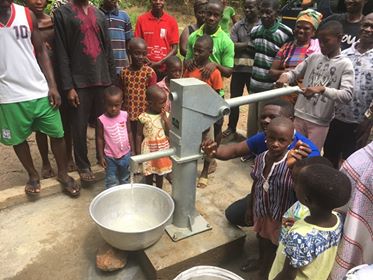
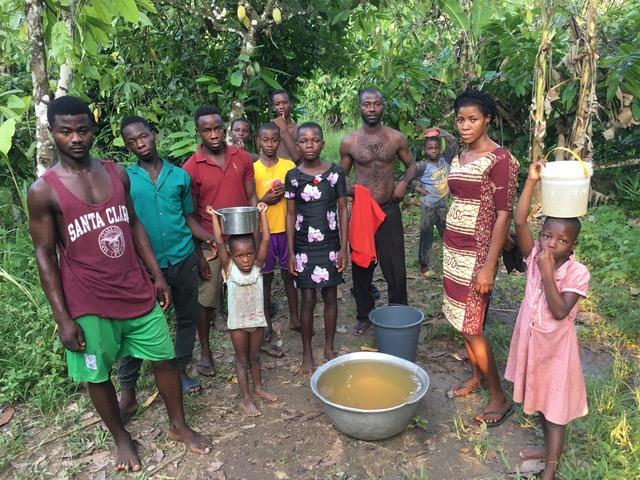
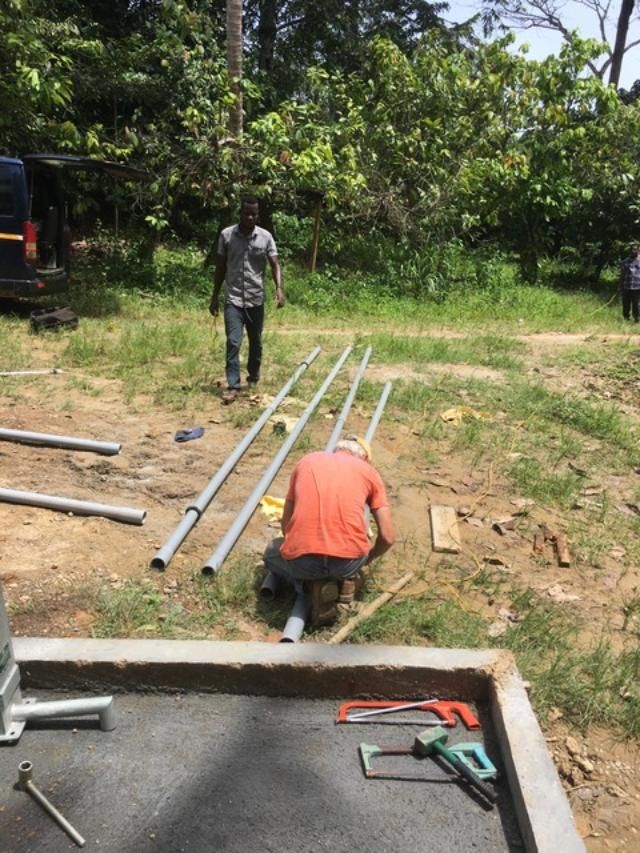
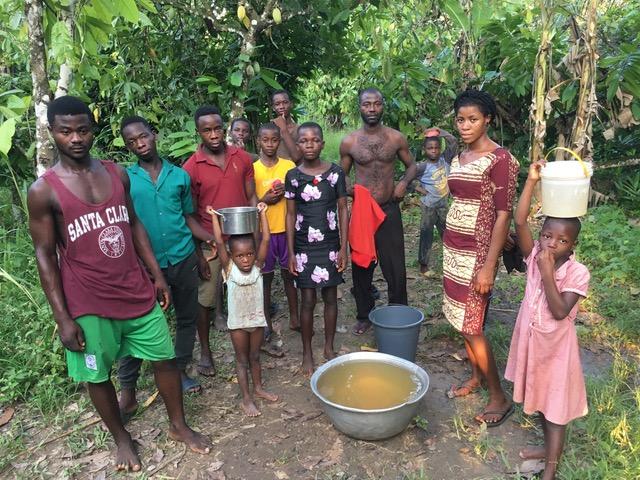
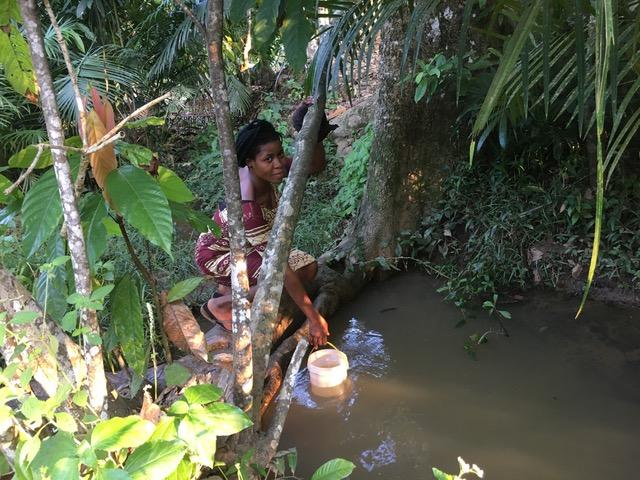
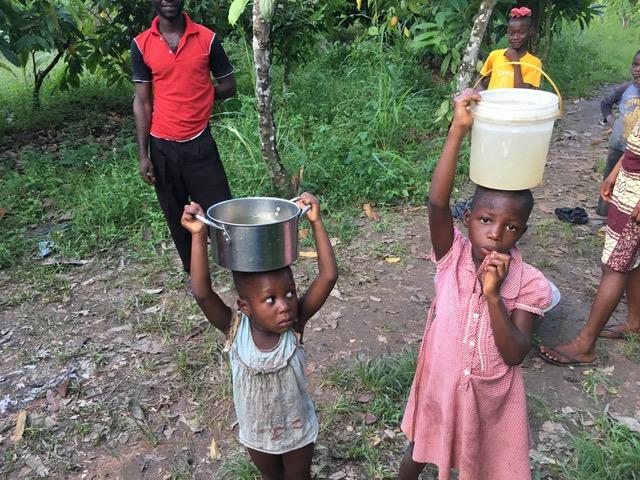
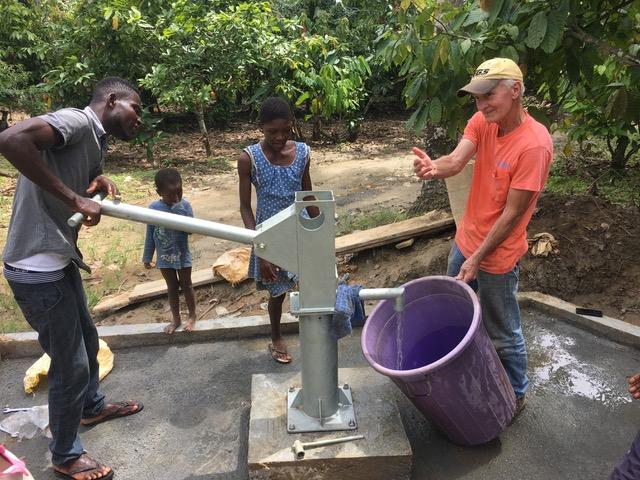
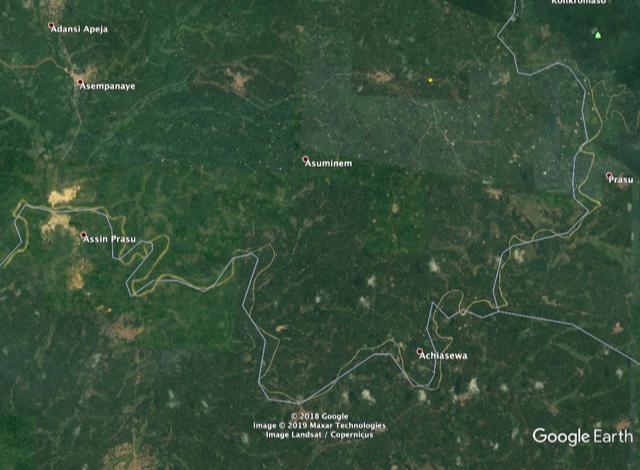
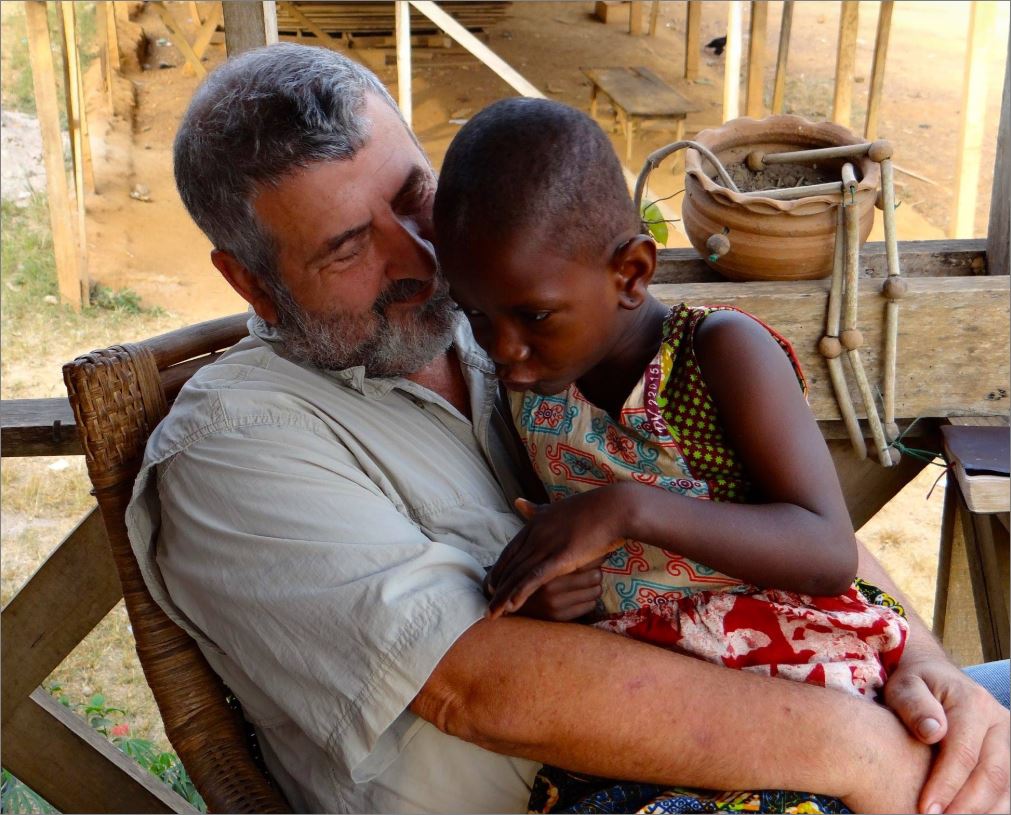
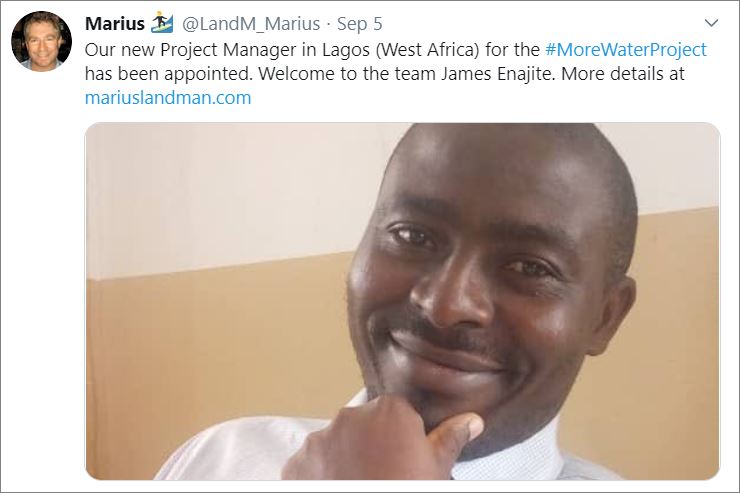
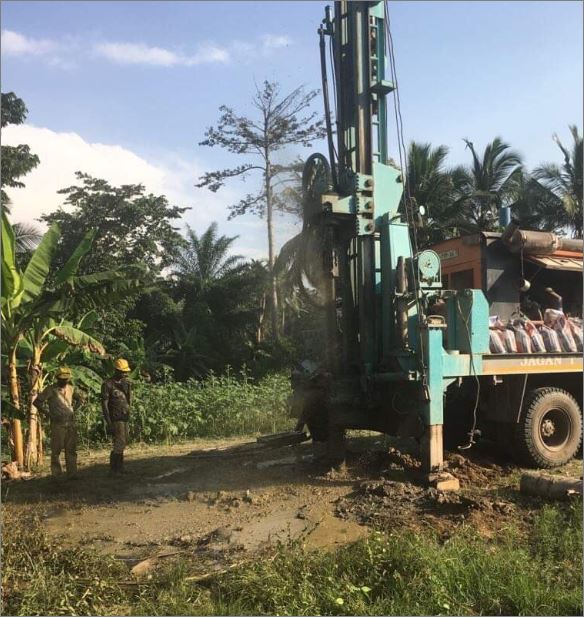
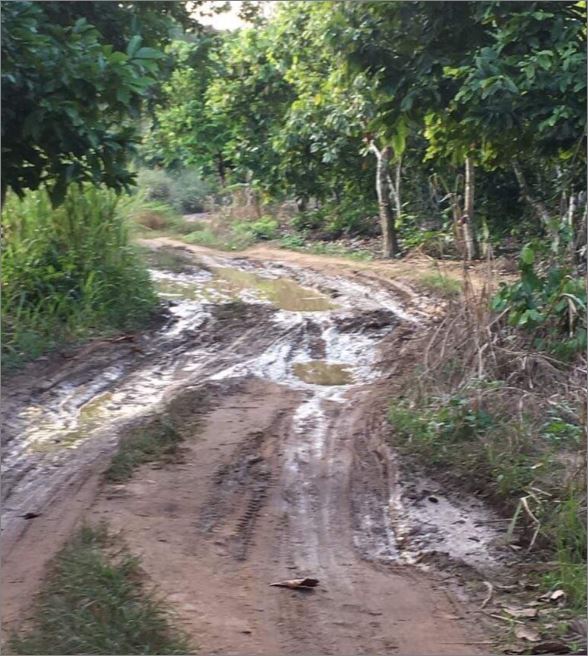
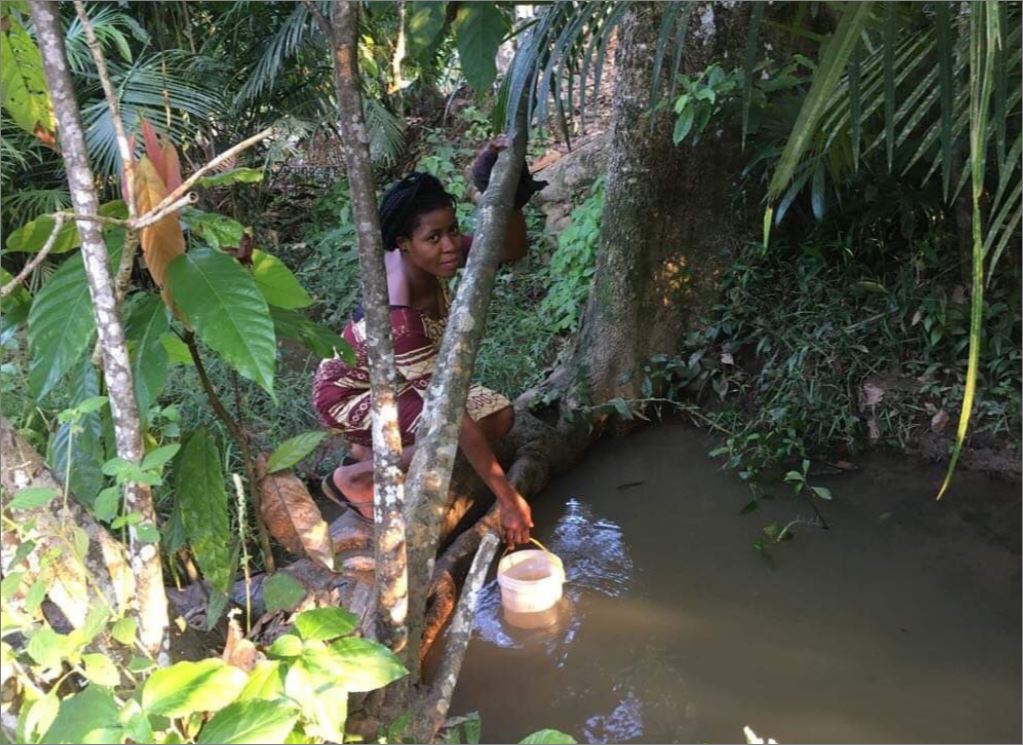
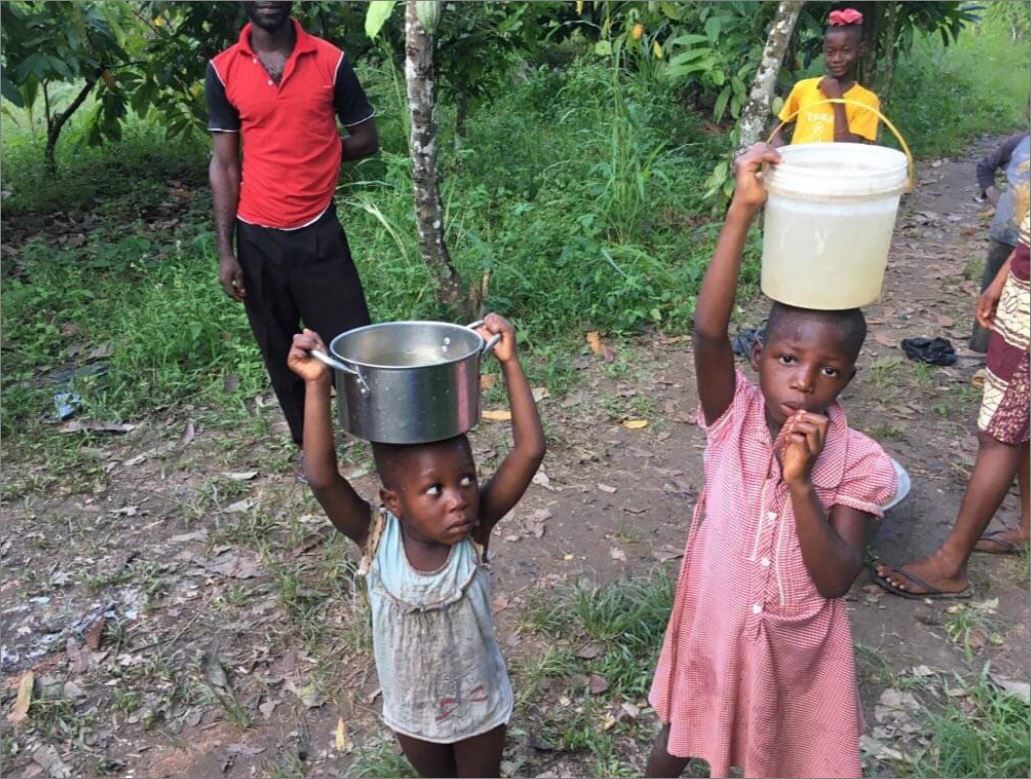
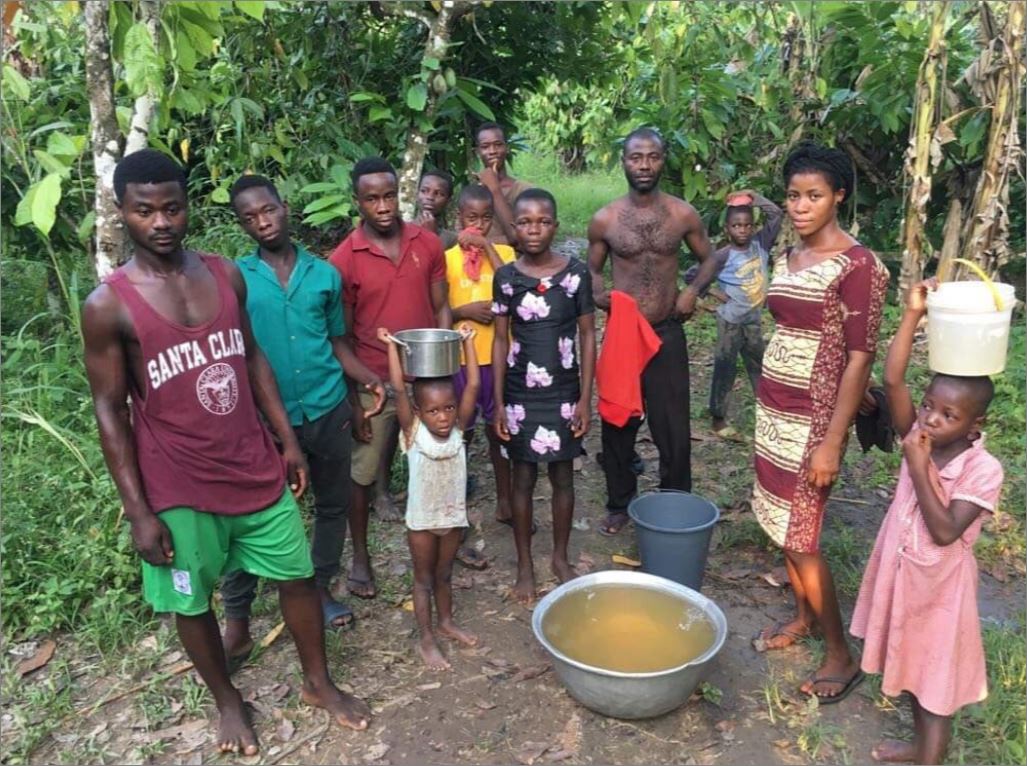
 RSS Feed
RSS Feed